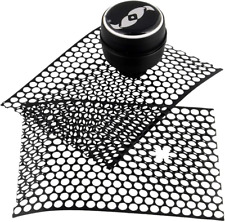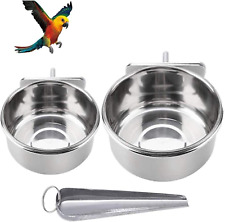Canine Cancer Treatment & Prognosis

We recently found out that our dog has cancer. Does this mean that we have to put her down or are there other things we can do?

Dogs can respond comparatively well to cancer treatment, so this diagnosis is by no means a reason to immediately have your dog euthanized. However, cancer is certainly one of the most serious diseases your dog can get, and all breeds of dogs can be affected. Common cancers in dogs include skin cancer, mammary cancer, Lymphoma, mouth cancer and bone cancer. The effectiveness of a treatment will not only depend on the type and stage of the cancer, but also the age and general wellness of the dog. Cancer treatment can also be very expensive and the level of treatment available to your dog might therefore depend on whether or not you have insurance for him.
Treatment for canine cancer can include surgery to remove the tumor; radiation therapy; Hyperthermia (using elevated temperatures); Photodynamic Therapy (light therapy); Chemotherapeutic drugs (chemotherapy); gene therapy; or any combination of these. In order to make an educated decision on whether or not to treat a dog for cancer, an owner should seek the opinion of a specialist (canine oncologist) and in some cases a second or even third opinion. Most dog owners will feel emotionally obligated to treat their dogs, but in some cases the underlying health of the dog may mean a complete recovery is not possible. In particular, most cancers occur in older dogs who are less able to maintain a quality of life while undergoing the rigors of cancer treatment.

OZAF/T-Tech Automation 24"Dia. Stainless Steel Vibratory Bowl Feeder
$4899.99
Two Little Fishies Pouch Feeder
$3059.30
5 x Agpro Automatic Automated Horse Feeder s - HF200 & other models
$2520.00
Parrot Feeding Bowls, Bird Cage Cups Holder - Stainless Steel Food and Silver
$2609.30
PINVNBY No-Mess Bird Feeder Parrot Automatic Seed Food Clear,Green
$2609.30
JW Pet Company Clean Cup Feeder and Water Bird Accessory, Large, Multi
$2458.30
Old Tjikko Pet Feeder Water,10oz 20oz 30oz Bird 10oz Stainless Steel Bowl
$2149.30
Tfwadmx Bird Feeding Dish Cups Parrot Food Bowl Clamp Holder Coop Cup, 2PCS
$2126.30
C&S Products Wild Bird 24 oz Wire Tube Nugget Feeder 20 ports (Pack of 8)
$2111.54
kathson 2 Pack Bird Feeding Cups with Clamp Holder, Parrot Food & Silver
$1976.30









